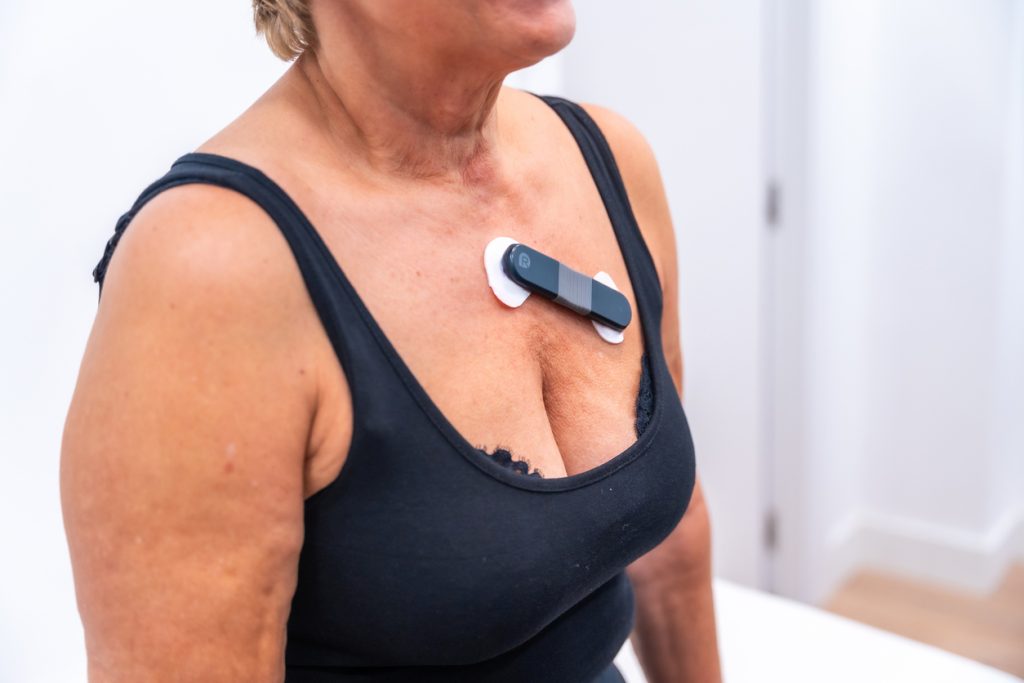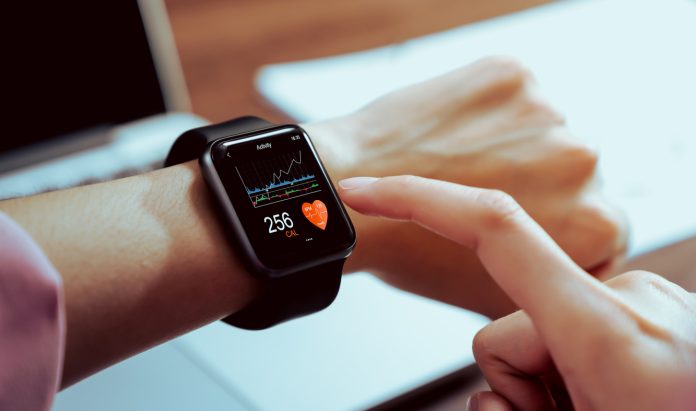Wearable technology has come a long way since the debut of basic fitness trackers. While tracking steps and calories burned was revolutionary a decade ago, wearable devices today have ventured into the healthcare sector, providing unprecedented ways to monitor and improve our well-being. This is especially important as healthcare systems worldwide increasingly adopt technology for proactive and personalized medicine.
This listicle explores seven cutting-edge wearable technologies that transcend fitness tracking, making healthcare more accessible, data-driven, and impactful. By the end, you’ll understand how wearable tech is shaping the future of health monitoring and disease management.
Smartwatches for Chronic Health Monitoring
Smartwatches have evolved far beyond simple step counters. Companies like Apple, Samsung, and Fitbit now offer devices equipped with health features designed to monitor chronic conditions.
Key Features:
- ECG Monitoring: Devices like the Apple Watch can perform electrocardiograms to detect irregular heart rhythms, such as atrial fibrillation. This can help people respond to potential problems before they escalate.
- Blood Oxygen Monitoring: Fitbit Sense and Samsung Galaxy Watch include SpO2 sensors, giving users insights into oxygen saturation levels in their blood. This feature is particularly useful for individuals with chronic respiratory conditions, such as COPD or asthma.
- Emergency Alerts: Some devices feature fall detection and alert systems that automatically contact emergency services, an invaluable tool for elderly individuals or those with mobility challenges.
With ongoing advancements in smartwatch capabilities, they’re becoming an essential tool in proactive health management.
Wearables for Diabetes Management
For individuals managing diabetes, continuous glucose monitoring (CGM) wearables are a significant breakthrough. These devices offer real-time monitoring without the need for constant finger-prick tests.
Examples in Action:
- Dexcom G6: Tracks glucose levels in real time and sends alerts if they fall outside target ranges.
- Freestyle Libre: Offers a painless scanning mechanism to track blood sugar levels, providing a seamless alternative to traditional glucometers.
These wearables simplify life for millions of diabetes patients and integrate seamlessly with smartphone apps, where users can view history and trends to make informed health decisions.
Cardiac Patch Monitors for Heart Health

Wearable cardiac monitors are compact, adhesive patches designed to gather in-depth data about heart activity over an extended period. Unlike traditional bulky Holter monitors, these slim patches provide a discreet and patient-friendly alternative.
Why They Matter:
- Long-Term Data: Devices like Zio Patch monitor heart rhythms for up to two weeks, identifying arrhythmias that might go unnoticed during shorter readings.
- Post-Surgery Care: They are often used post-surgery or following a cardiac event to monitor recovery progress.
With their non-invasive design and advanced accuracy, cardiac patches are giving medical professionals better tools to diagnose and treat heart conditions.
Smart Clothing Detecting Biometric Data
Wearable tech is no longer limited to accessories. Smart clothing is leading the way for biometric data collection, blending technology with apparel.
Standout Examples:
- Hexoskin Smart Shirts: Measure heart rate, breathing rate, and activity levels. Ideal for athletes, researchers, or clinical trials.
- OMsignal Bras: Design custom solutions to track real-time cardiac and respiratory activities.
With sensors embedded in the fabric, users can discreetly monitor their health metrics throughout the day. These devices open a world of possibilities for both individuals and healthcare providers to capture more comprehensive data.
Pain-Relief Wearables for Chronic Conditions
People living with chronic pain often rely on medications for relief, but wearable tech is offering new, drug-free alternatives. Devices like TENS (Transcutaneous Electrical Nerve Stimulation) units are designed to provide targeted pain relief using electrical impulses.
Leading Products in the Market:
- Quell: A pain-relief wearable that automates electrical stimulation programs to relieve discomfort from conditions like fibromyalgia or arthritis.
- Oska Pulse: Uses pulsed electromagnetic field technology to reduce inflammation and enhance mobility.
These tools empower users by providing real-time control over pain management, significantly improving their quality of life.
Wearables for Stress and Mental Health
Mental health is an area of growing concern, and wearable tech is stepping up to the challenge. Devices are being developed to track stress levels and even offer biofeedback techniques to help users achieve mindfulness.
Top Solutions Making an Impact:
- Whoop: Tracks heart rate variability (HRV) metrics to provide insights into stress and recovery levels.
- Muse Headband: Helps users improve focus and reduce stress through guided meditation sessions that sync with their brainwave activity.
Whether you’re managing anxiety, improving sleep, or building mindfulness habits, these wearable technologies act as valuable companions for mental well-being.
Wearables Supporting Post-Surgery Recovery
Recovering from surgery is one of the most critical phases of a patient’s healthcare experience. Wearable rehabilitation devices are designed to monitor recovery progress and ensure patients stay on track with their post-operative care plans.
How They Work:
- Orthopedic Wearables: Devices like Proteus Discover track patient activity and medication adherence after joint replacement surgery.
- Rehabilitation Monitors: BioStamp patches gather physiological data, such as muscle activity, to provide insights to both patients and practitioners.
By leveraging real-time data, these technologies ensure timely interventions if setbacks occur, making recovery as smooth and effective as possible.
Why Wearables are the Future of Healthcare
Wearable technology is rapidly advancing healthcare by enabling more personalized, proactive, and preventative approaches. From monitoring chronic conditions to aiding mental health, they empower individuals and healthcare providers by offering invaluable insights, all while enhancing convenience. The fusion of smart sensors and AI is driving innovation that might soon make these tools indispensable in mainstream medicine.
Looking to stay ahead in the healthcare wearable revolution? Explore new possibilities in proactive health management by incorporating cutting-edge solutions into your routine.



